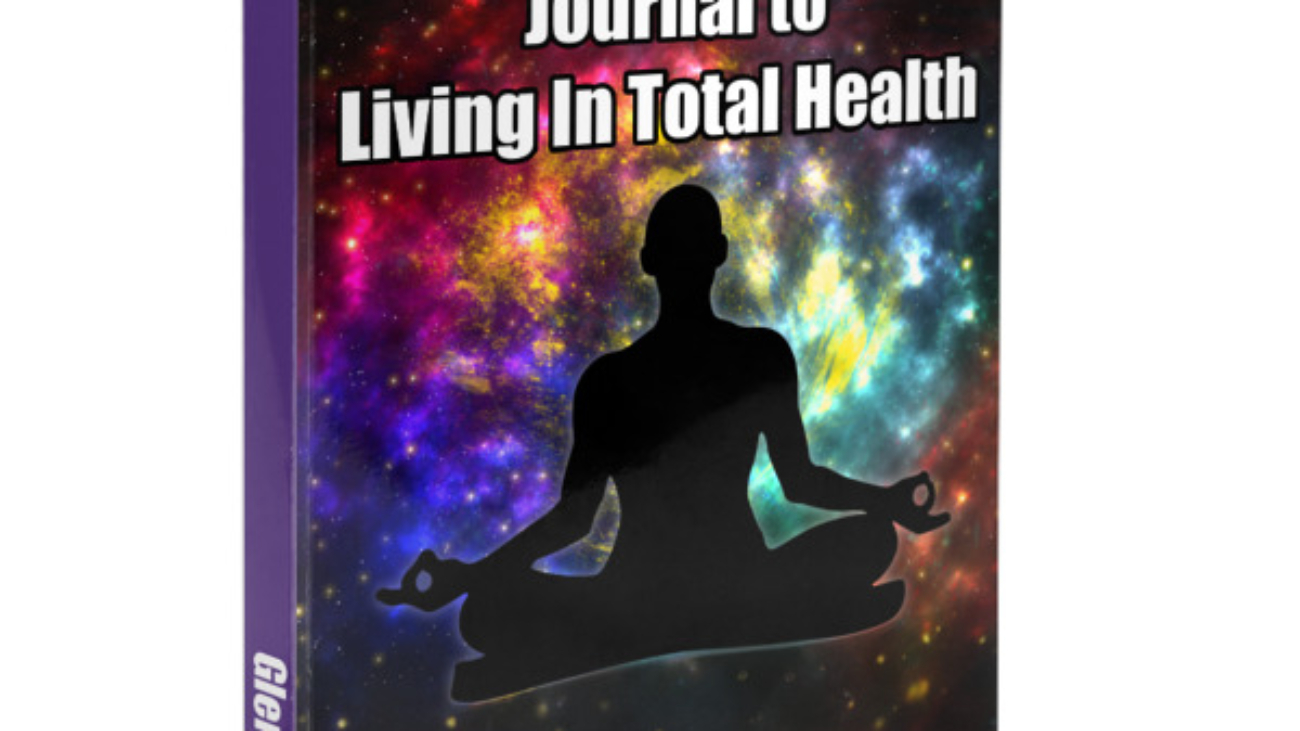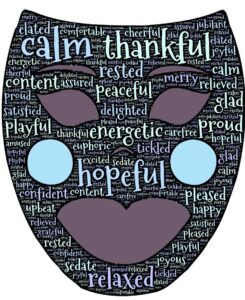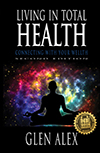We all have stories that we unconsciously act out. The problem is that these narratives were imposed upon us, typically by people we depended on for food, shelter, safety, and love. They gave us a script based upon their wants, needs, pain, and trauma, and not our needs, goals, purpose, skills or talents. In order to gain their approval or at least minimize their harm to us, we accepted the roles they arbitrarily assigned to us.
Acting out the unrealistic script that was imposed upon you often results in mental health, relational, financial, or other unhealthy issues. Thus, if you want to enhance your life experience and improve your health and well-being, then flipping your script to become the author of your own life is required.
“When writing the story of your life, don’t let anyone else hold the pen.”
— Unknown
The Story of Your Life
Start with, what’s the story of your life? Maybe you’re the one who takes care of others first. Possibly you’re the peacemaker who always gives in or perhaps you’re the strong one who doesn’t need help.
While the traits of imposed narratives can be positive, they can also be road blocks to your best self.

Taking care of others is not noble when it results in self-neglect or poor boundaries. Ignoring your needs for self-advocacy and self-expression just to avoid disagreement destroys inner peace. And not asking for or accepting help when necessary is not strength because no human succeeds in any way alone.
Become the Author of Your Story
In order to flip the script that you’re acting out and improve your mental health and overall wellbeing, follow the steps in ART below. This process is about learning, clarity, and improving your relationship with yourself. It is not an opportunity to judge, criticize, or belittle yourself.
Acknowledge the story you repeat to yourself. This is the first step in the change process.
Finish this sentence by saying it out loud then writing it down on paper:
“The story of my life is…”
Bill told himself that he has to get everything done at work each shift, even though management doesn’t provide the resources and support he needs to do so.
Other examples include:
- I should be able to do it myself.
- Taking a break is lazy.
- No one will like me if I speak up.
- Things never work out for me.
Reflect on your false narrative to see its negative impact on you and how it keeps you stuck, anxious, or depressed.
Ask yourself these questions. Say the answers out loud then write them down on paper.
1. Do your stories empower, inspire, or motivate you?
2. Do your stories trigger anxiety, depression, anger, or self-harm?
Bill realized that he felt “stuck” between getting everything done and not having the resources to complete all tasks. Every day he left work angry because he didn’t have help and he felt like a failure when he couldn’t get everything done, which negatively impacted his family when he arrived home.
Transcend your narrative and rewrite your story.
If you answered no to #1 and yes to #2 above, then it’s time to rewrite your story.
Finish the sentence below by saying it out loud then writing it down on paper. Phrase the answer affirmatively and as if it’s already true.
I want the story of my life to be…
Example:
Bill’s False narrative: I’m a failure if I don’t get it all done.
Flipping the script: I am successful with appropriate resources.
Consciously base your choices and actions on your new script. Keep in mind that it may take some time for you to become accustomed to your new way a being. So, create reminders of your new script then extend yourself some grace and self-compassion as you learn to live it.
You can rewrite the life story that you’ve been arbitrarily given by others and and unwittingly accepted. Your mental health and overall wellbeing require you to flip the script you’re unconsciously acting out. Using the steps in ART will help you Acknowledge the story of your life, Reflect on the unrealistic narrative, and Transcend that false narrative. Assistance from a professional therapist or life coach can help you unpack your story, process your wounds, then become the author of your own life by flipping the script.
To learn more about your story and total health, order your copy my 3x award-winning book Living in Total Health, order the Amazon Best Seller Wellness Through Words that includes my chapter, Living Well with Boundaries, and BOOK your free consult w/me.




















